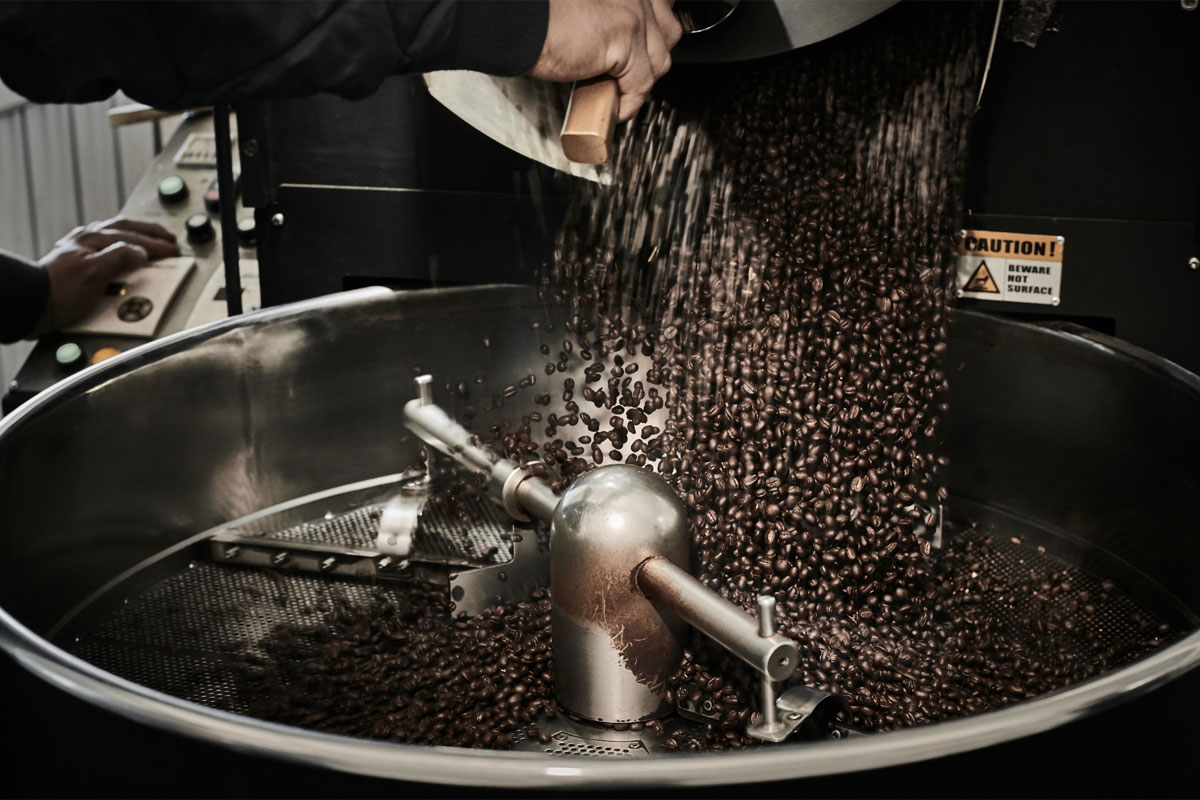
Just mentioning the phrase; freshly brewed coffee immediately transports you to a place of comfort and reinvigoration. For roasters and coffee merchants who source and import either Peaberry Coffee, Robusta Coffee, Parchment Coffee, or Arabica Coffee beans, we’ve complied this blog to address the potential difficulties associated with sourcing and importing these four distinct types of coffee bean:
Peaberry Coffee Beans
Peaberry coffee beans are not actually a different species of coffee plant in themselves, but instead are a unique hybrid. What distinguishes Peaberry coffee beans, is that their coffee cherries have only one seed. Peaberry coffee beans are also generally smaller, rounder, and more dense than other coffee beans, with a very richer flavour. Sounds intoxicating right? OK, so how would one go about sourcing Peaberry beans?
Peaberry beans account for only a small percentage of coffee beans (less than 10% globally) Because they must be meticulously handpicked, they are therefore more intensive to cultivate and process, which translates to higher costs. This level of scarcity ensures that peaberry beans command higher prices when they get to market. However, a higher value can result in price volatility, making it more challenging for importers to forecast costs and availability. As demand fluctuates, as it has a tendency to do with exotic coffee beans, they can become even more difficult to source.
Robusta Coffee Beans
If peaberry coffee beans are for the more refined coffee connoisseur, then Robusta coffee beans are for the more hearty and robust enthusiasts. Known for a higher caffeine content, strong flavour, and resistance to pests and diseases, Robusta beans are often used in espresso blends to impart a rich crema and a full-bodied flavour.
Robusta beans command a lower price than, say; Arabica coffee beans, as they are perceived as having a less refined flavour. This perception has led to challenges in marketing and selling Robusta coffee as a high quality product, despite its unique attributes. Importers often need to highlight other features of Arabica coffee beans, such as fair trade and sustainable sourcing credentials. The market price for Robusta coffee can be sensitive to factors such as climate and political instability. This volatility can pose challenges for importers seeking to maintain consistent pricing and supply.
Parchment Coffee Beans
Parchment Coffee Beans, or "parchment-processed coffee beans" are extracted from coffee cherries and dried whilst they are still inside their parchment layer. This production process gives Parchment Coffee Beans its distinctively vibrant taste.
The parchment drying process itself requires experience and know-how, because if the beans are not dried properly, the favour can be tainted. This makes transportation and storage of parchment coffee beans more challenging than other coffee products, as a good market price is reliant on stringent handling and careful transportation of the beans. The unique way in which parchment coffee beans are processed also means that the beans have a slightly shorter shelf life.
Arabica Coffee Beans
Last but by no means least we come to Arabica coffee beans which are celebrated for their complex flavour and delicate aroma. Arabica coffee beans are often described as having a fruity, floral, chocolaty or nutty taste. Arabica coffee beans are in high demand by importers and exporters of quality coffee, as Arabica coffee is thought to represent a premium quality coffee-drinking experience.
Sourcing and importing Arabica beans however, can be somewhat of a challenge. Arabica coffee plants are sadly highly susceptible to climate change, as plant damaging pests thrive in warmer conditions. With reduced yields comes a more unpredictable supply chain.
